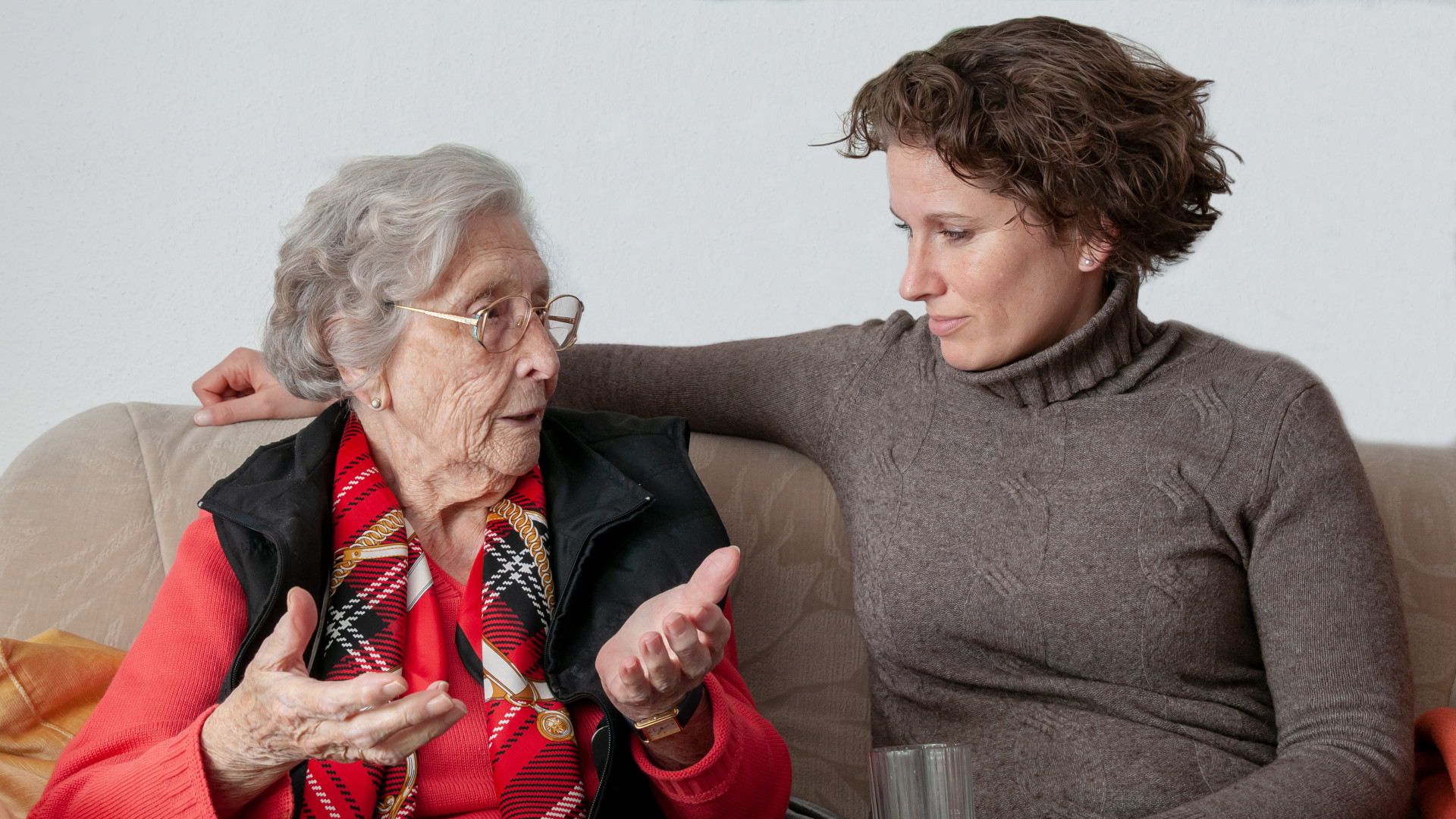
Discover the Secret to Helping Seniors Live Longer Aging is a natural part of life, but there are certain steps seniors can take to live longer and healthier lives. Engaging in physical, social, and intellectual activities has been shown to promote longevity and overall well-being. Physical Activities for Longevity Maintaining a healthy weight and regular exercise can significantly increase seniors' lifespans. Low-impact exercises like walking, swimming, and yoga are great options for older adults. Strength training helps maintain muscle mass and bone density, reducing the risk of falls and injuries. Social Activities for a Longer Life Social engagement is crucial for seniors' mental and emotional health. Participating in group activities like book clubs, gardening groups, or volunteer work can combat loneliness and isolation. Spending time with family and friends, sharing meals, and having meaningful conversations contribute to a longer and happier life. Intellectual Activities for a Sharp MindKeeping the mind active and engaged…

Tips to Incorporate More Fruits and Veggies for a Healthier Seniors Diet As we age, maintaining a balanced and nutritious diet becomes increasingly important for overall health and well-being. Seniors, in particular, may face challenges in consuming enough fruits and vegetables due to decreased appetite, dental issues, or mobility limitations. Amy's Helping Hands, a dedicated senior care service in Windsor, offers a range of solutions to help seniors incorporate more fruits and veggies into their daily meals. Overcoming Barriers to Healthy Eating Amy's Helping Hands recognizes that various factors can hinder seniors from consuming their recommended daily servings of fruits and vegetables. Their team of compassionate caregivers is trained to identify and address these challenges, ensuring that seniors receive the nourishment they need to stay healthy and strong. Dietary Modifications for Dental Concerns For seniors with dental issues, offering soft and pureed options that are gentle on the gums and teeth. Fruits and vegetables can be steamed, mashed,…

How We are Missing the Mark in Meeting Senior Health Care Needs. As our loved ones age, the healthcare system is facing a significant challenge: how to meet the complex and growing needs of seniors. While traditional models of care focus on hospitals and long-term care facilities, there is a growing recognition that many seniors would prefer to age in their own place. By maintaining their independence and quality of life in the comfort of their own homes. The Gaps in Current Senior Care Hospital-Centric Approach: Our healthcare system is often reactive, focusing on treating illnesses and injuries rather than preventing them or providing ongoing support for chronic conditions. This can lead to frequent hospitalizations and a decline in overall well being for seniors. Limited Long-Term Care Options: While long-term care facilities provide essential care, they are often understaffed and may not be the ideal environment for our loved ones. The transition to a facility can be emotionally difficult and may accelerate physical and cognitive decline. Social…

Improve Senior Health in Six Easy Steps As we age, prioritizing our health becomes more crucial than ever. Fortunately, simple changes to our lifestyles can make a significant difference in our overall well-being. Here are six attainable steps to boost your health as a senior, and how in-home care services can provide valuable support. Schedule Regular Checkups: Annual wellness exams with your doctor are essential for preventative care. These checkups monitor your vital signs, discuss existing conditions, and may involve screenings crucial for early detection of potential health problems. -Amy’s Helping Hands can help: They can provide transportation to and from appointments, help with scheduling and offer reminders to ensure you don’t miss important exams. Stay Active Regular physical activity is a cornerstone of healthy aging. Aim for at least 30 minutes of moderate-intensity exercise most days of the week. Walking, swimming, chair yoga, and light strength training are excellent options for seniors. -Amy’s Helping…

7 Tips to Better Manage Dementia and Incontinence Caring for a family member with dementia requires a combination of empathy and creativity to address challenging behaviors, especially in dealing with incontinence, an issue that is prevalent in Alzheimer’s and other forms of dementia. By implementing these proven strategies can effectively reduce the impact of incontinence and help prevent emotional distress for a family member with dementia. Choose your words carefully. When it comes to discussing incontinence products, try considering using the terms like “briefs” or “pull-up underwear” instead of “diapers”. However it is important to always respect your loved one’s preference; if they feel more at ease using the term “diapers”, then go ahead and use that term to support their comfort and dignity. Remove regular underwear from the older adult’s dresser. To try and avoid any confusion or resistance to wearing incontinence products, ensure that they are the only option available in the individual’s wardrobe.…

Just Diagnosed: Family Caregiver Tips for a New Health Concern We understand that when receiving the official diagnosis for a progressive disease for your mom or dad can be overwhelming. It’s understandable that they may want to remain in their home, and we are here to help you navigate the decisions ahead to ensure they receive the best care possible. Let’s work together to explore the options available and find the best solution for your loved ones well-being and comfort. With your new role as a family caregiver. It is completely normal to feel overwhelmed at first, but don’t worry we are here to help. Here are some tips to guide you through this new journey. Learn as much as you can about the disease. A loved one’s doctor can offer you valuable resources and educational materials to guide you in understanding what is expected and to help build your confidence in your role as a caregiver. Do not hesitate to reach out to them for support and information as you navigate through this journey. Get organized. By keeping all your important…




















